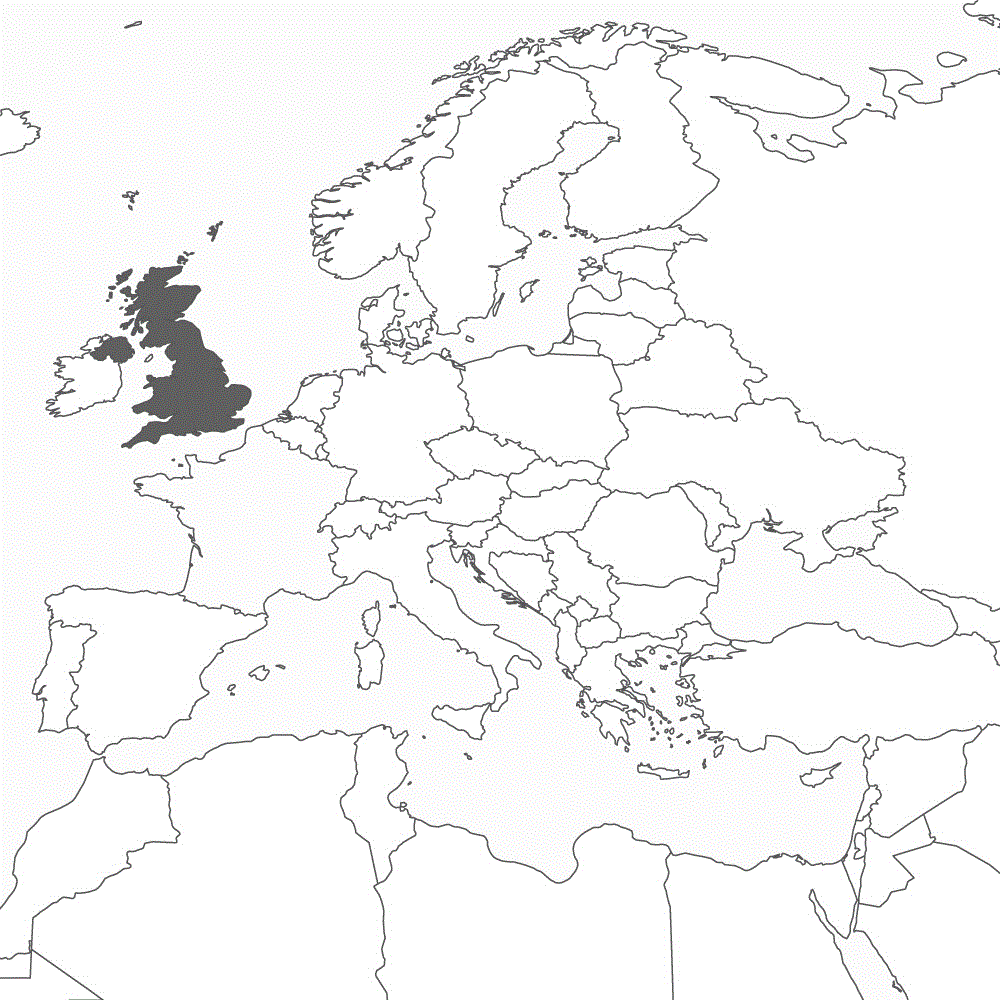The biggest Creditor
BERLIN/LONDON (Own report) - An advisor to the German government predicts a rapid loss of world political significance by Great Britain. The United Kingdom had overtaxed its armed forces in the wars in Iraq and Afghanistan and could not maintain its combat forces - "one of the central instruments for the achievement of political aims" - at their present levels, according to a a study paper by the Stiftung Wirtschaft Politik (SWP, German Institute for International and Security Affairs). This development will be intensified by the heavy financial losses arising from the world financial crisis and will be accompanied by a severe loss of financial influence by the City of London. London's decline is likely to lead to "a movement of world-wide power structures favouring newly rising powers", say the authors. These prognoses, founded on wishful thinking, are nonetheless supported by underlying realities. Britain's economy is running into greater and greater indebtedness with the EU. This economic weakness is leading to a trade deficit which London sources describe as "astronomic". Britain is running the biggest deficit with Germany. Seventy years after the beginning of the war, Germany has become the biggest creditor of the formerly victorious power.
Overloaded
In its recently published paper, the Berlin foundation SWP predicts a massive loss of power by Great Britain. The most important cause is the overstretch of combat forces. Up to now "there was an acceptance that Great Britain could assure its seat among the great powers by an above-average, well-qualified and capable army". The wars in Iraq and Afghanistan had taken the British military "to the limits of their capability". As an example the SWP points out serious shortfalls of equipment which had been criticised for years without being remedied. It was in general established "that the British army is now insufficiently financially provided for the conduct of modern operations" concludes the SWP. It points out that the means for strategic armaments (nuclear fleet, aircraft carriers, Joint Strike Fighter) appear not to be assured. The possibility of London's abandonment of one of these great armament projects could not be excluded for long. "This would lead to the loss of whole industrial sectors" with fatal consequences for the the structure of the British economy.[1]
Collapse
According to the SWP the financial problems of the British military have been greatly intensified by the world economic crisis. "No other OECD country was hit as hard as Great Britain by the international financial crisis" maintains the study paper which also reckons on a dramatic development in the British budget. The OECD predicts a decline in tax revenues for 2010 of the order 14% of British Gross Domestic Product. Because of the over-reliance of the British economy on the financial sector there was no medium term prospect of an improvement in the budgetary situation. This would lead unavoidably to reductions in military tasking and capability. Above and beyond this, British influence is further threatened in its strategic financial sector by "European Commission plans for stricter regulation of financial markets (...) which could lead to a significant loss of significance for London as a financial centre".[2]
New Priorities
"In future great Britain will not be able any more to act as a global political and military power" continues the paper which predicts "the shift of the world-wide balance of power in favour of the emerging countries". Whether the SWP believes that Berlin could belong in alliance with these powers remains unclear. For Britain, its decline would be most keenly felt in its relationship with the United States. Because it "would no longer have the necessary capacity to fight shoulder to shoulder with the USA", so Washington could well turn "in future international crises to new partners". If London does not wish to lose its influence entirely, it must, for good or ill, tie itself more closely to Brussels. Therefore "a mid to long term shift of priorities by Great Britain from Washington in the EU's direction is to be expected" and so a strengthening of German-European military policy.[3]
Constellations of Powers
These prognoses from Berlin are seen as a single issue and do not take into account the changing relationship between states of similar interests. Not for the first time in its history Great Britain finds itself in a phase of weakness but it can also hope for allies. When Its economic capabilities as an imperial world power appeared to be insufficient seventy years ago, the USA came to its aid. Their common opponent was the Greater German Reich which caused the outbreak of war. Under totally different military conditions, the same constellations of powers are repeated. Once again Berlin is making the same estimate in its demands, this time in the field of economics.
Deficits
As the National Statistics Office has disclosed, the British trade deficit with the EU has increased in an ever-quickening tempo since 1999. Then Britain showed a deficit of £9.8 billion. Within a decade this had tripled. In 2008 the EU countries had a surplus of £30.4 billion in their trade with Britain and Britain complained of an identical deficit. Britain's highest trade deficit was with Germany. In 1999 this was £3.4 billion but this had increased nearly six fold by 2008 to £17.9 billion. The figures show that Germany puts all other EU countries in the shade and is the UK's largest EU creditor.
A Rising Tendency
The British eurosceptic press writes that the deficit is reaching "astronomic" levels and hopes for economic strengthening from trade with the USA.[4] In 1998 Britain had a trade surplus of £419 million with the USA. Last year, this had already reached £25.6 billion. These figures talk a different language to that projected by the SWP.
[1], [2], [3] Stephan Steinecke: "Grossbritannien am Scheideweg. Ein Ausblick auf die "Strategic Defence Review" und die zukuenftige britische Sicherheits-und Verteidigungpolitik. SWP Arbeitspapier FG03-AP09 August 2009
[4] UK trade deficit with EU still astronomical but trade surplus with USA rises; European Journal May 2009
